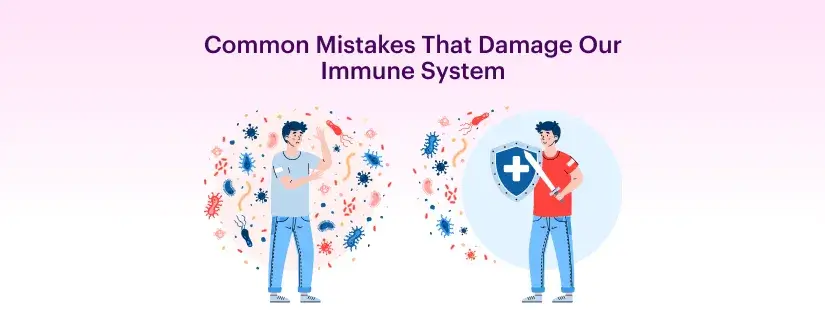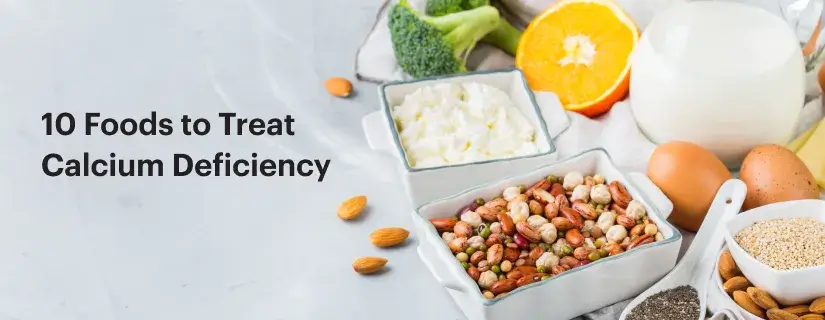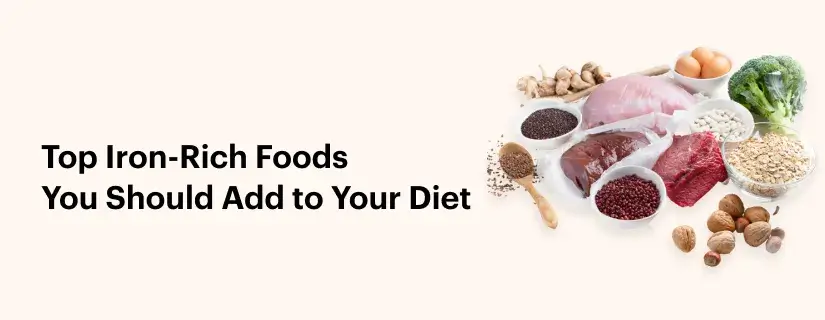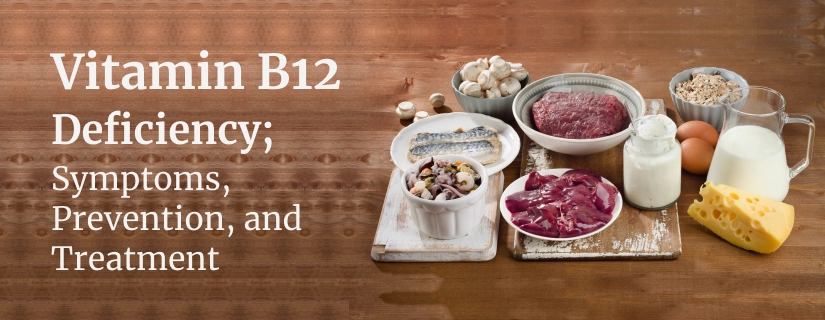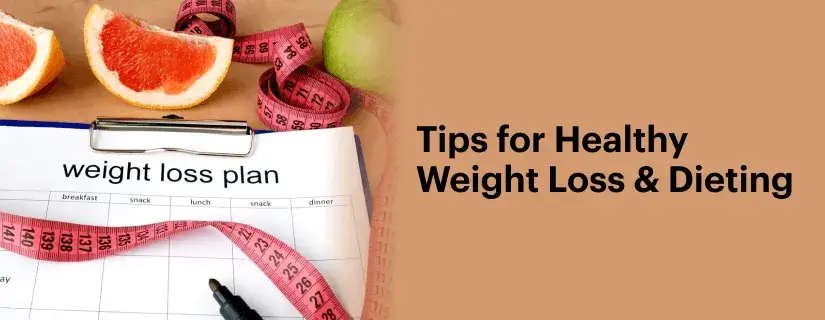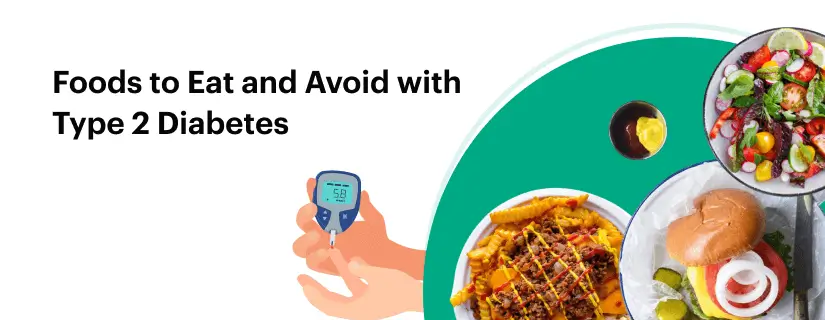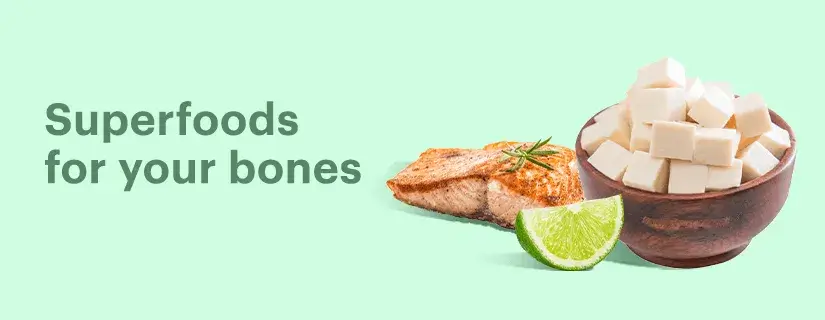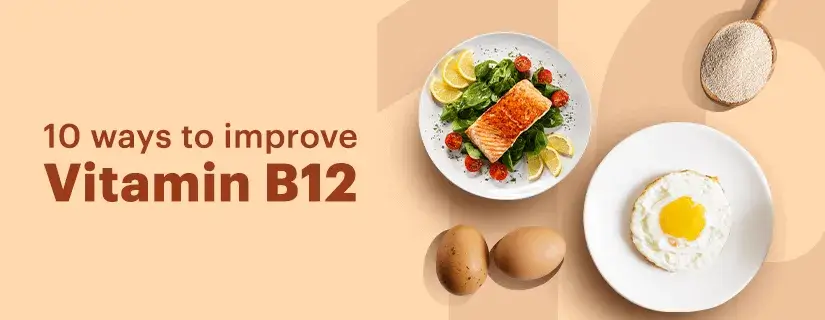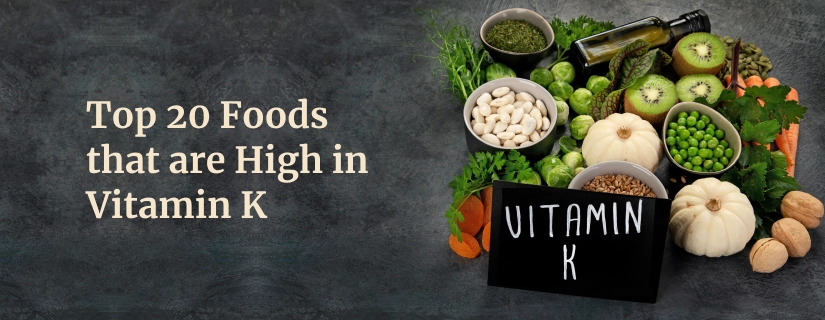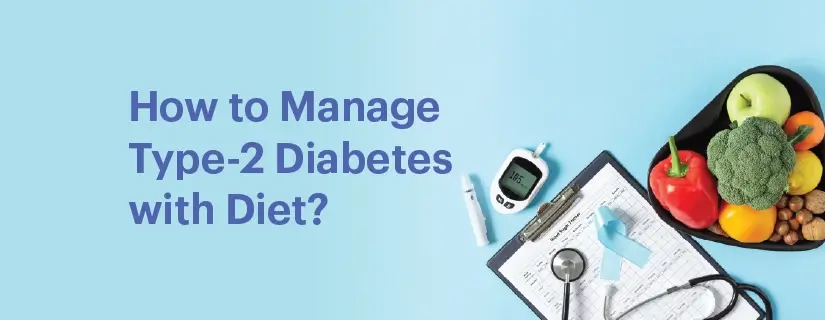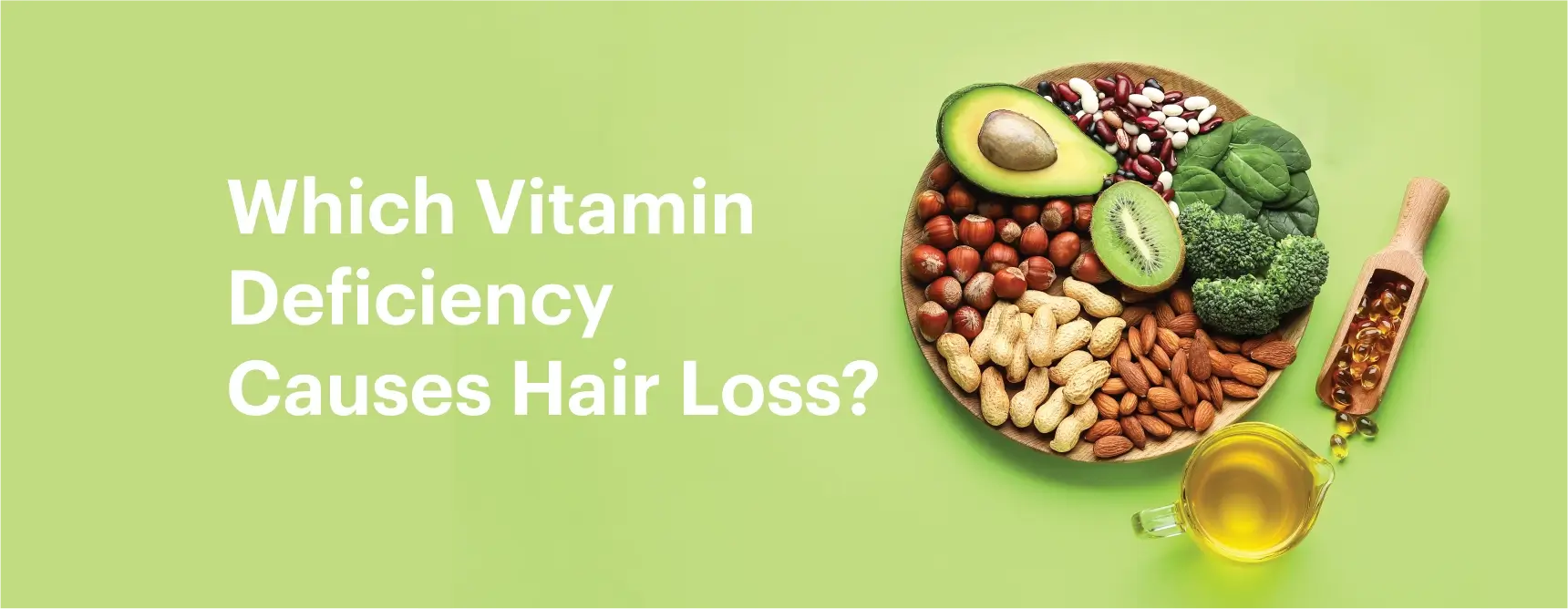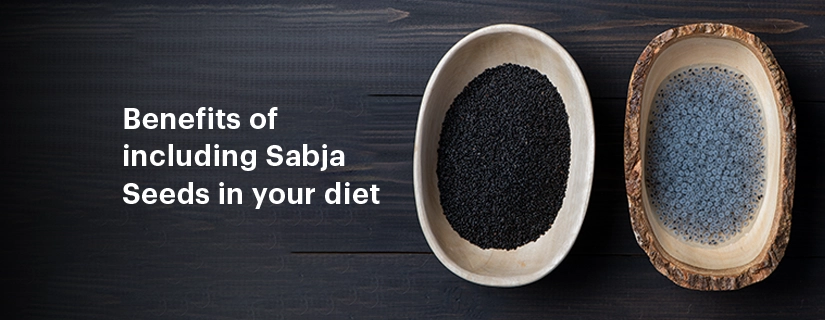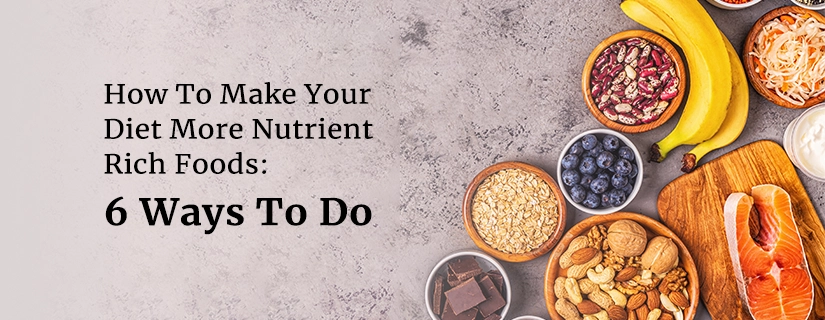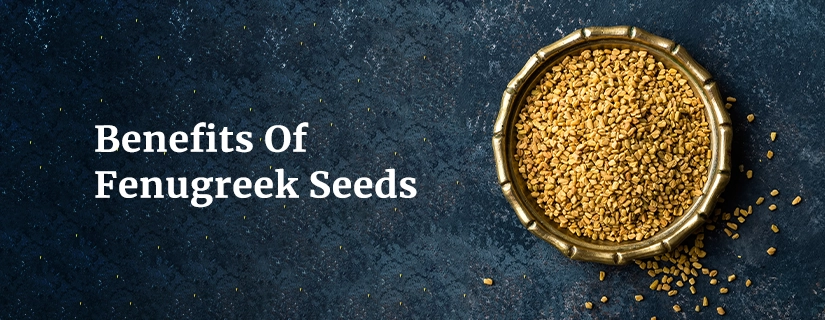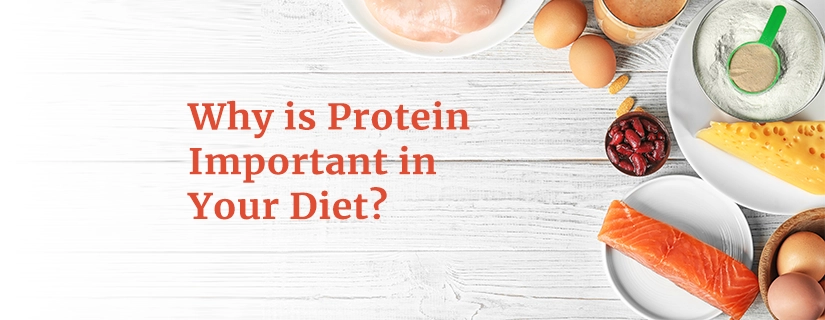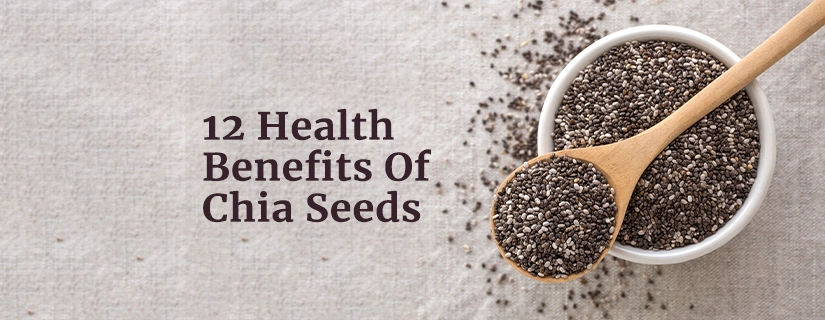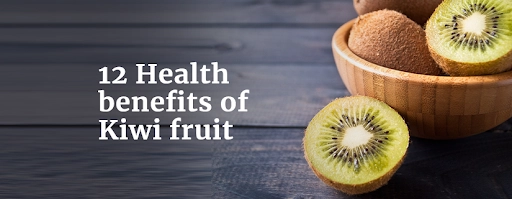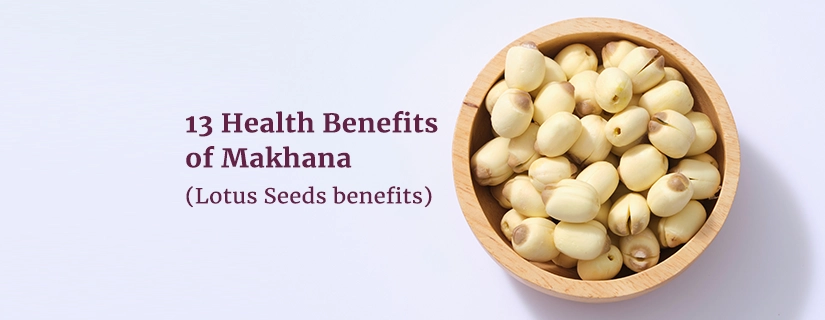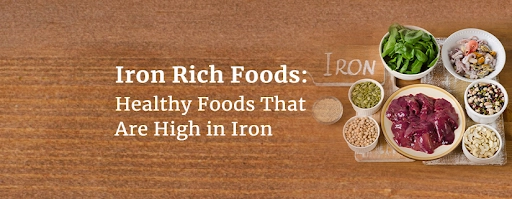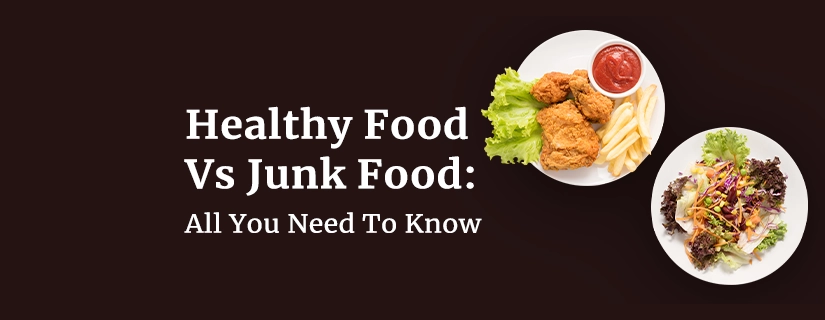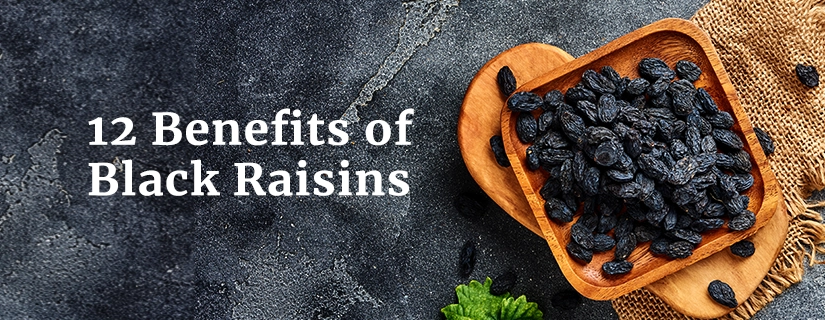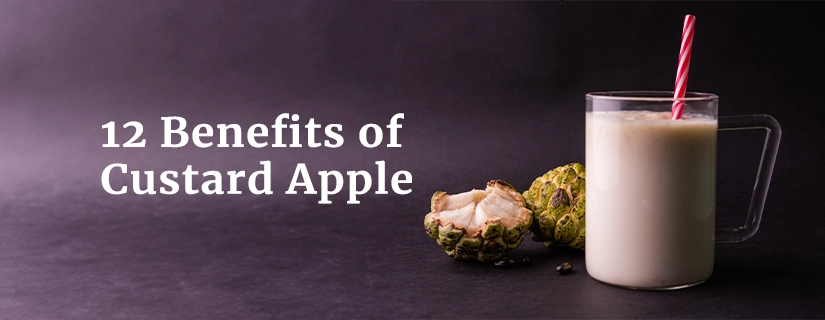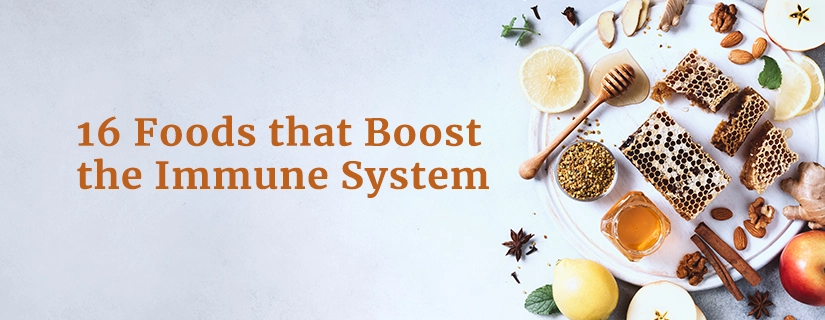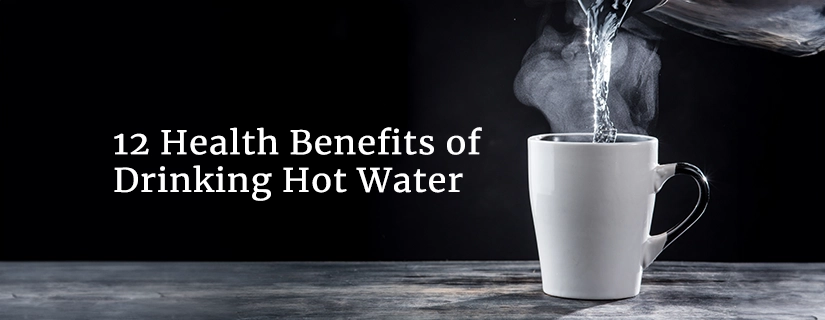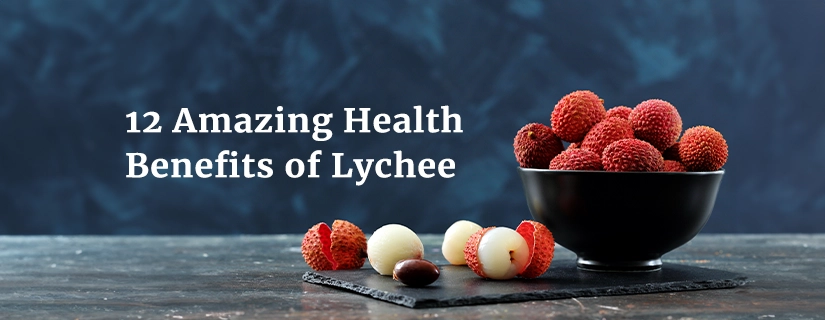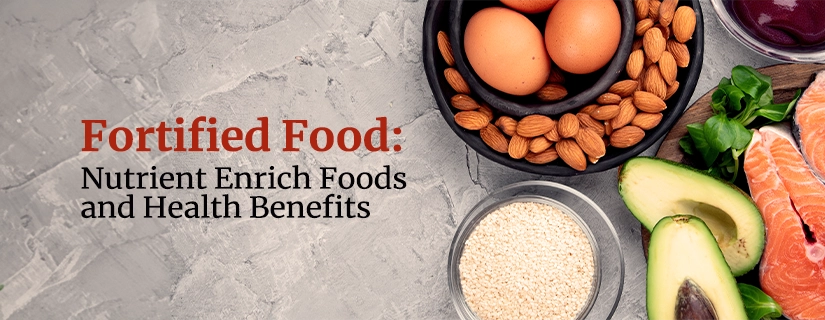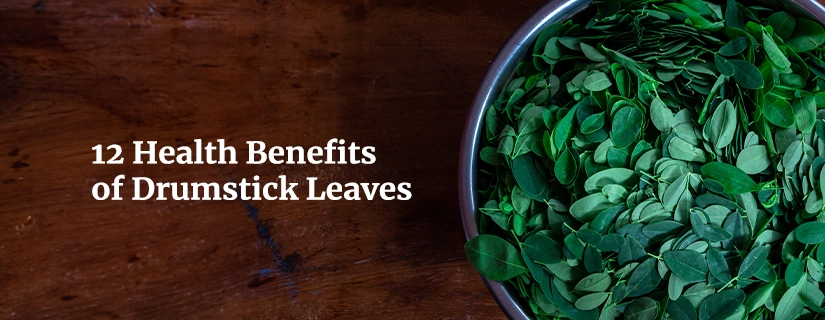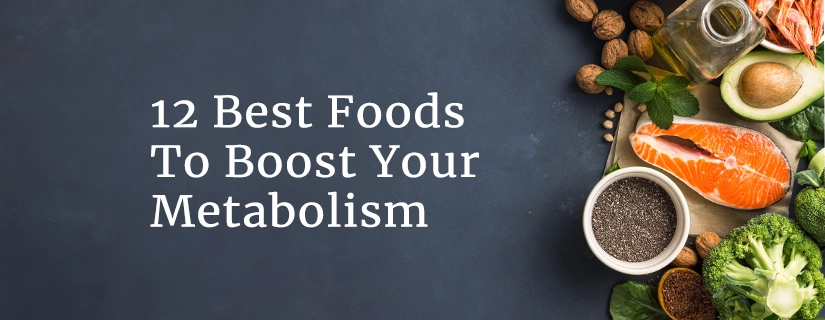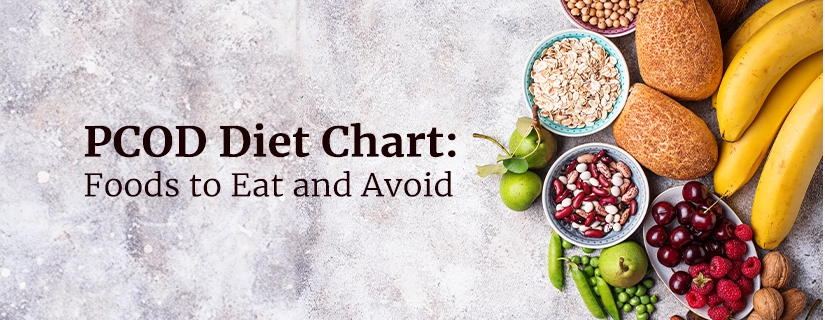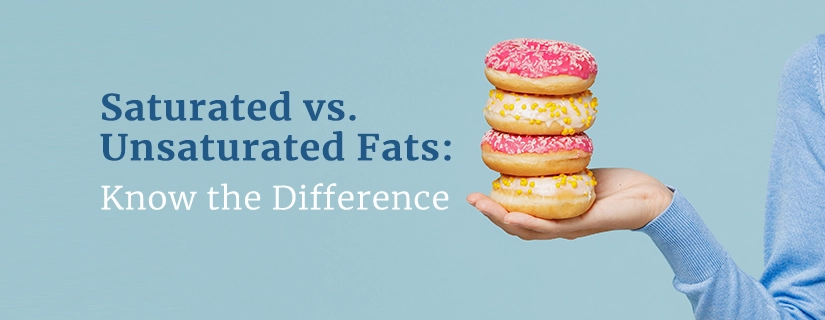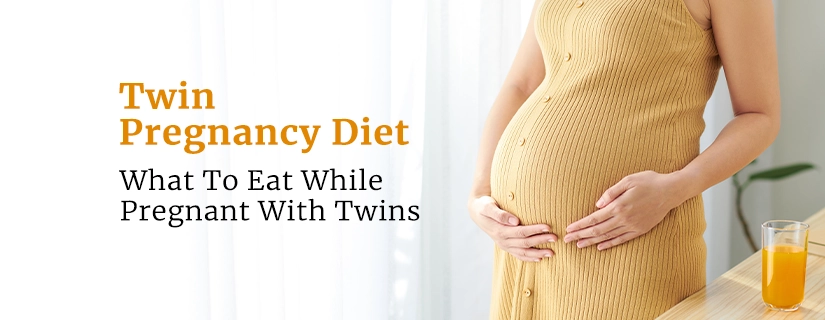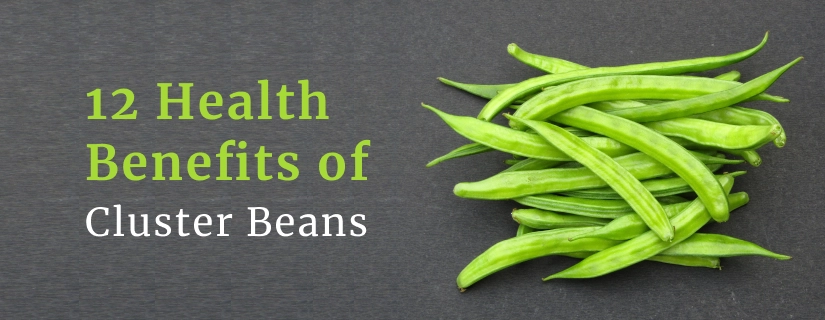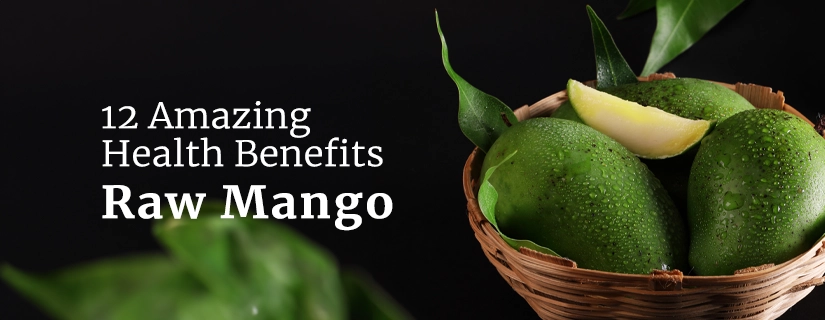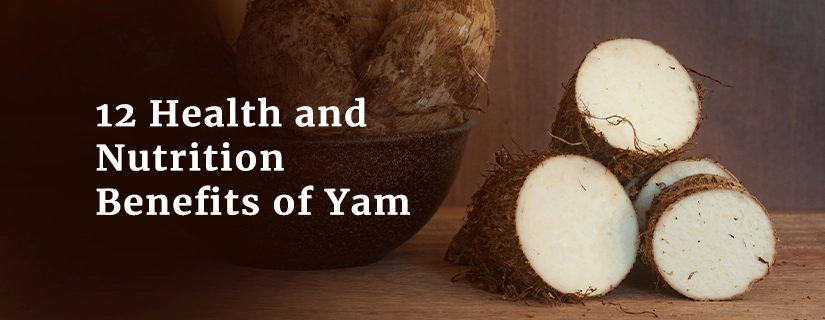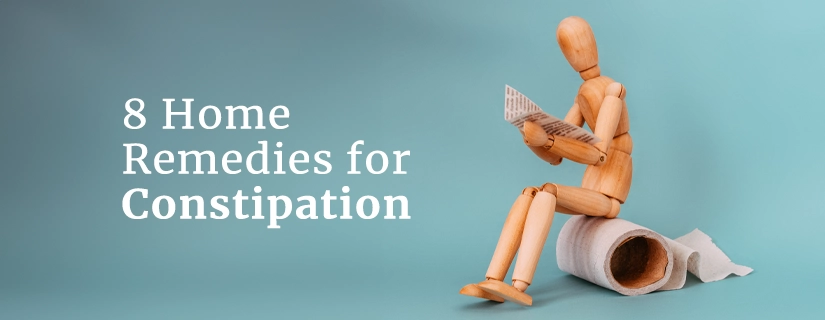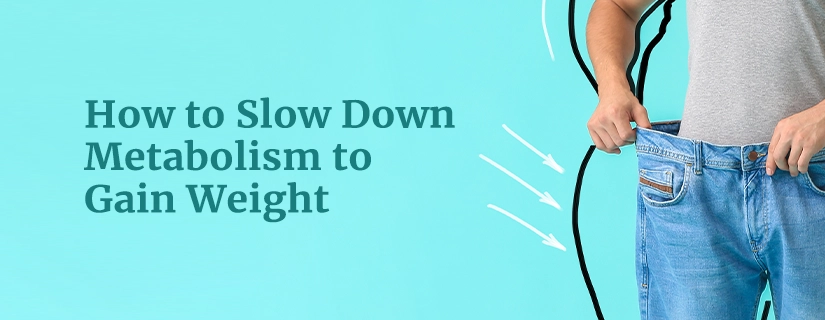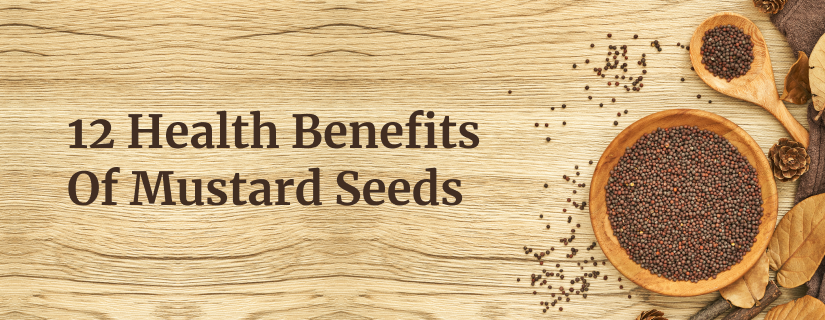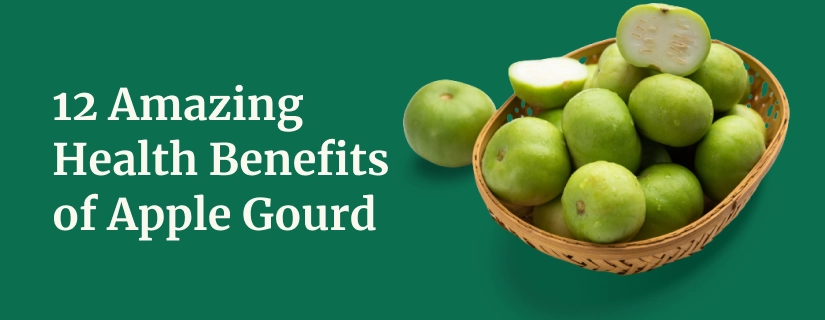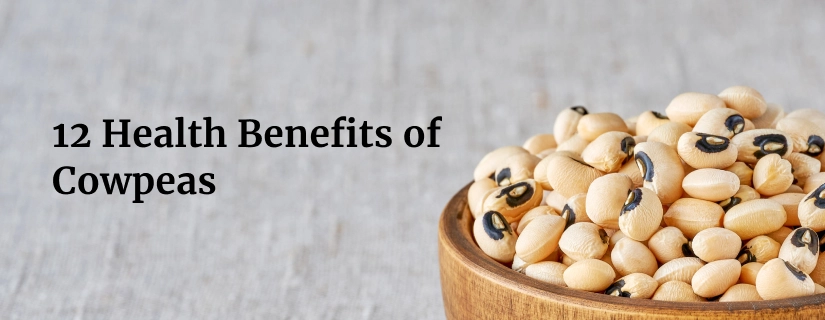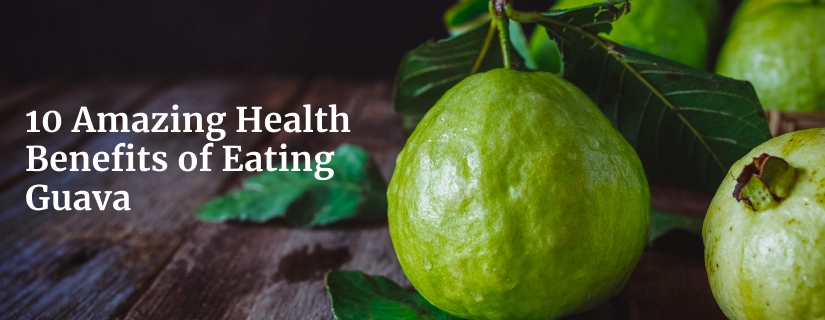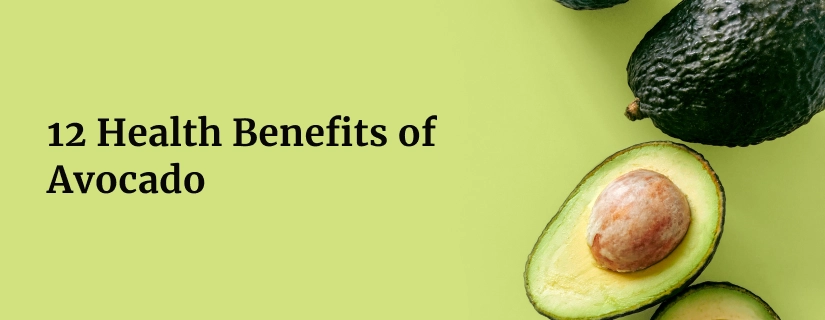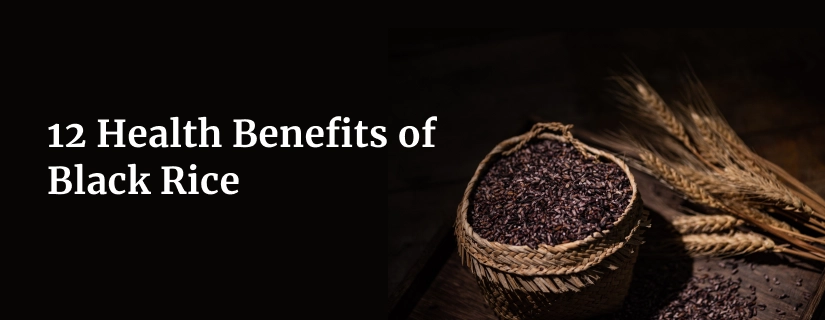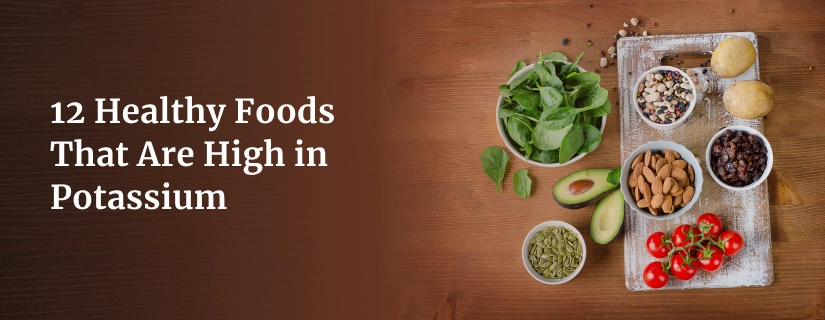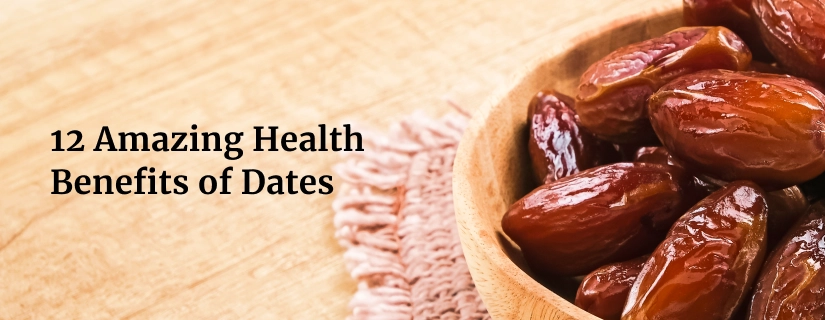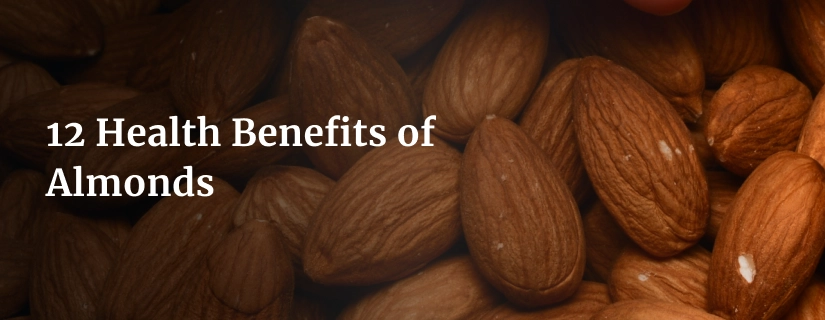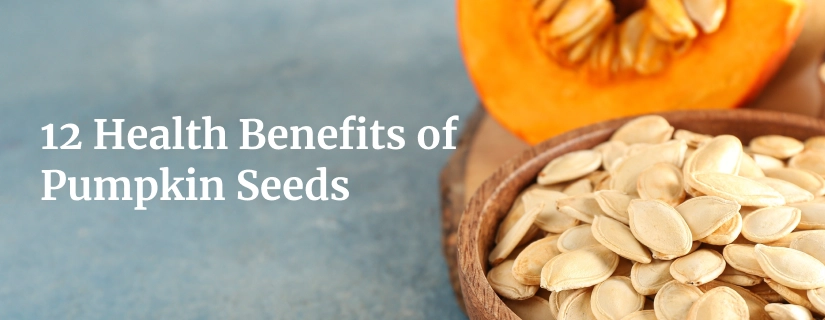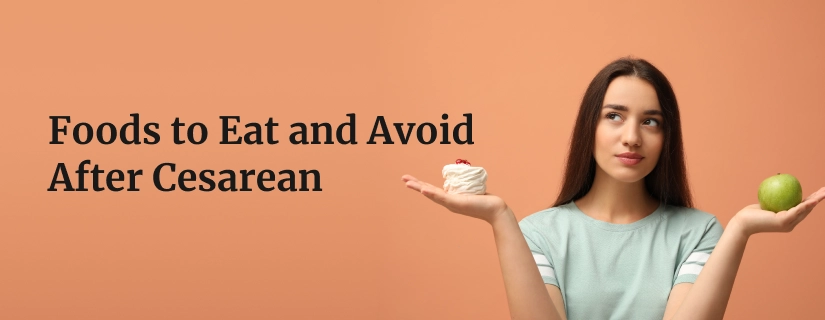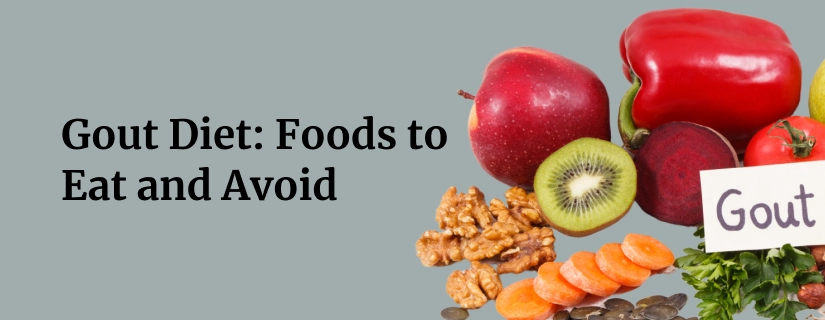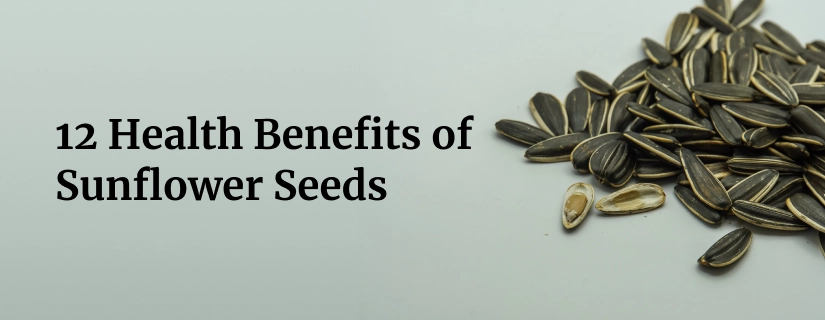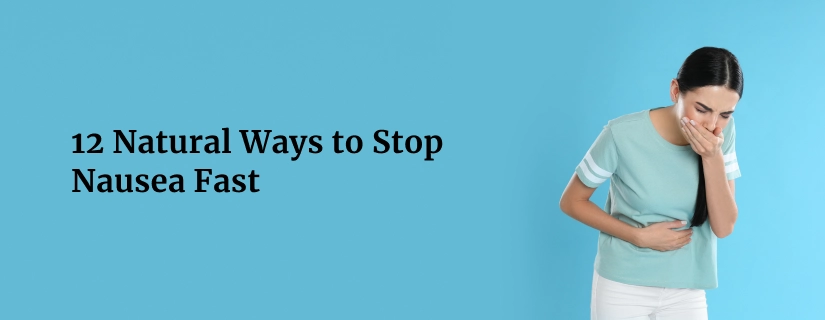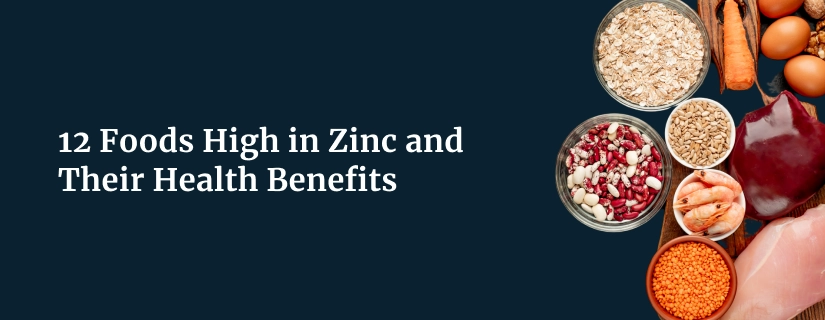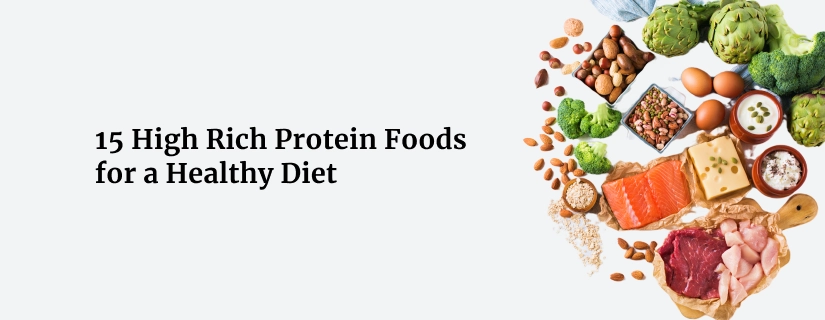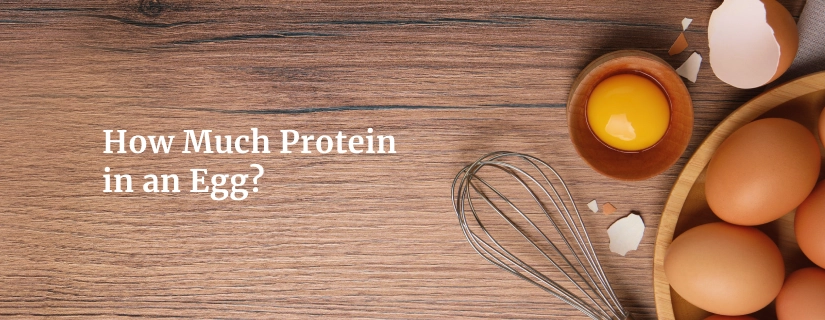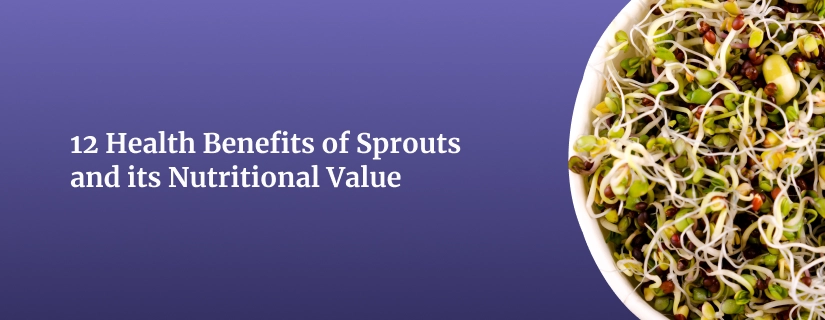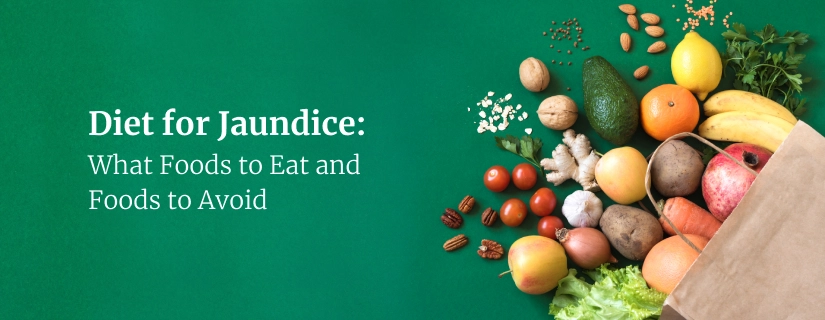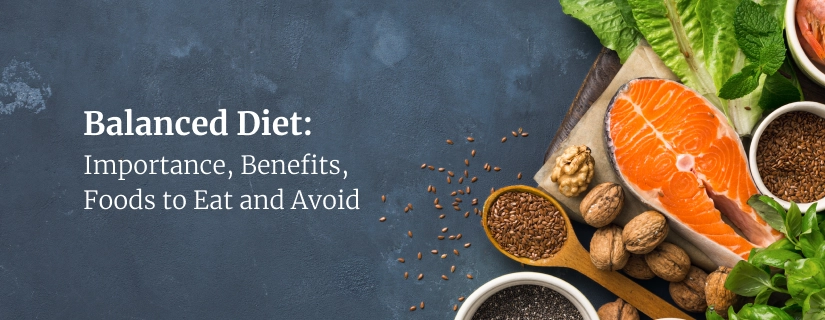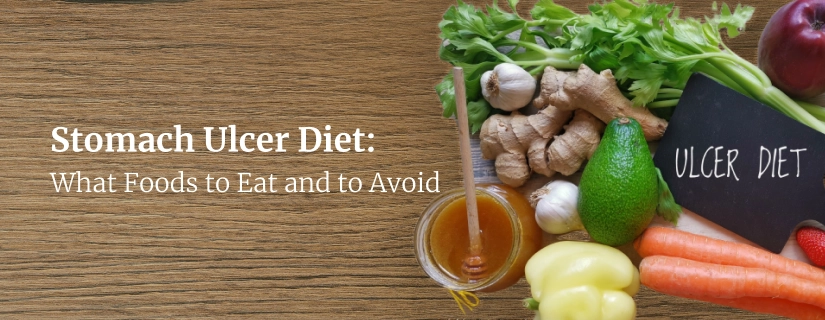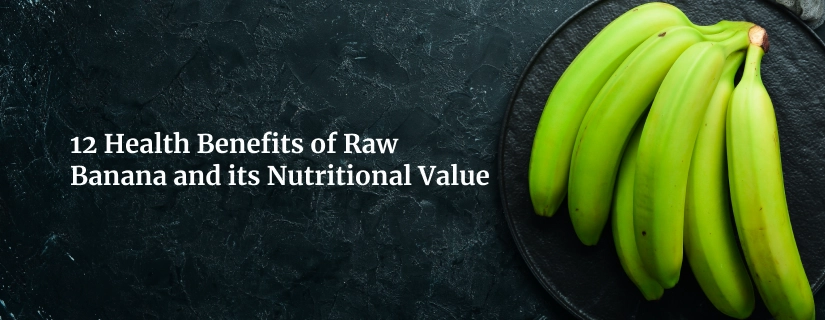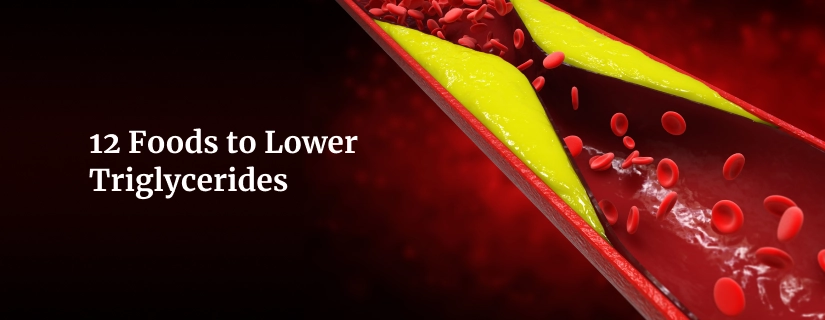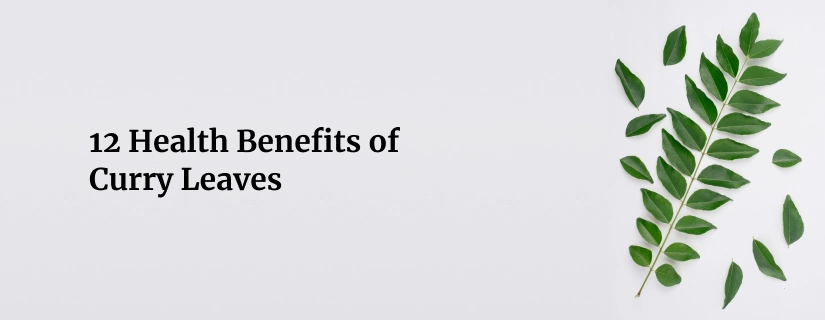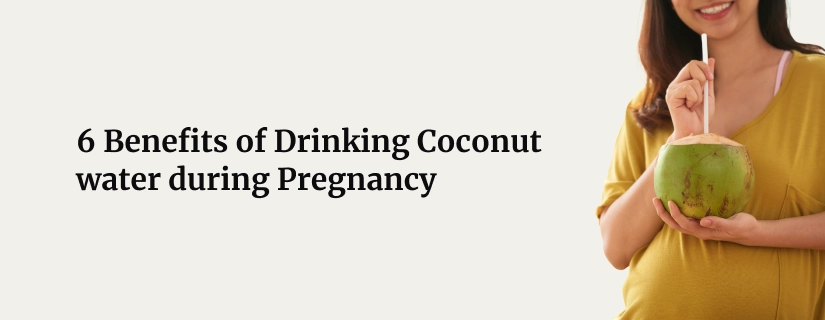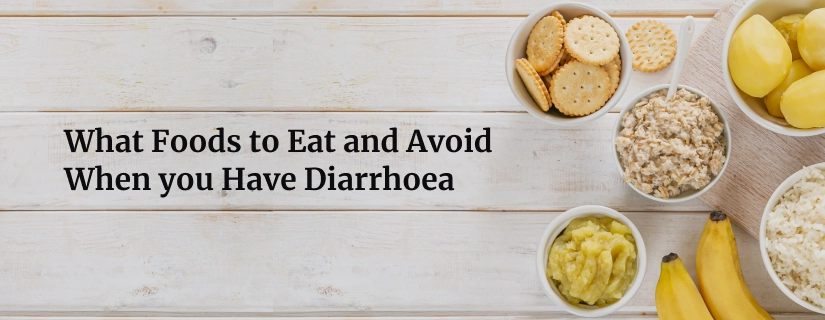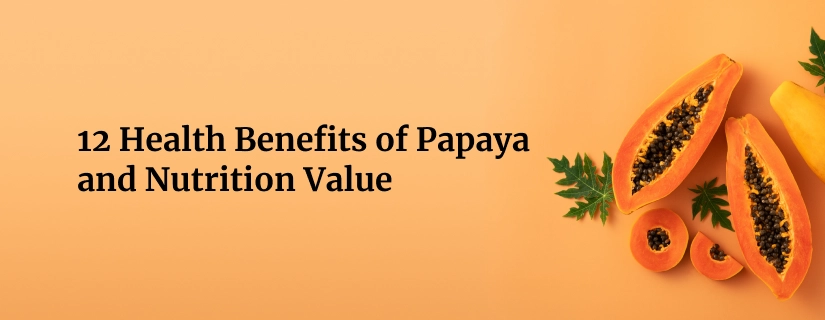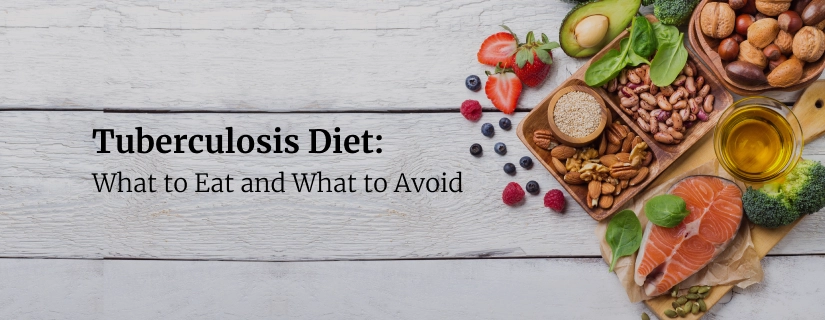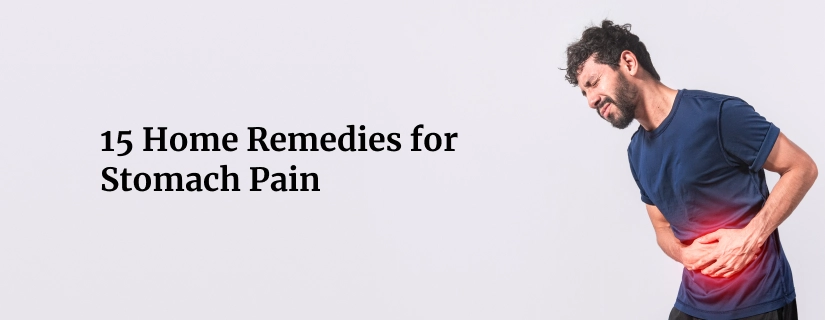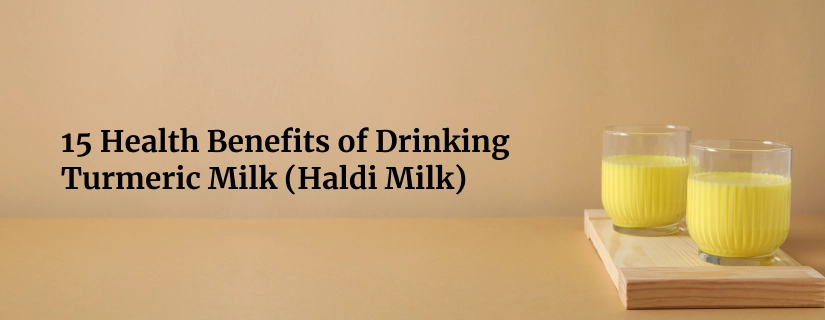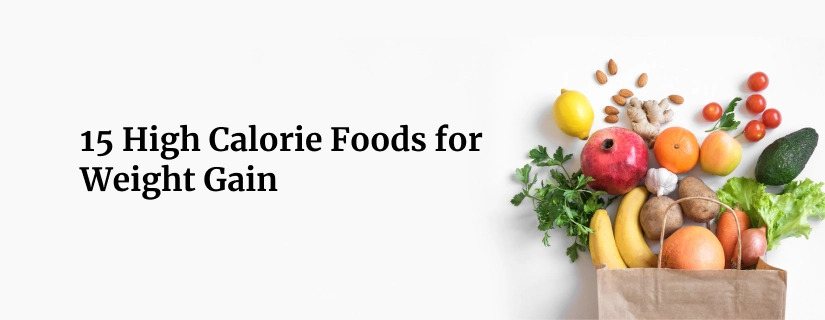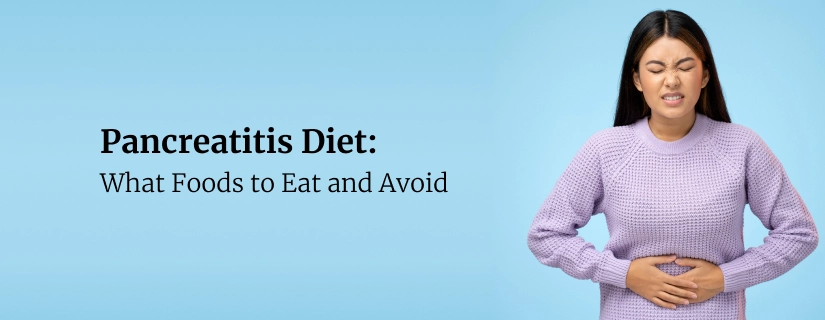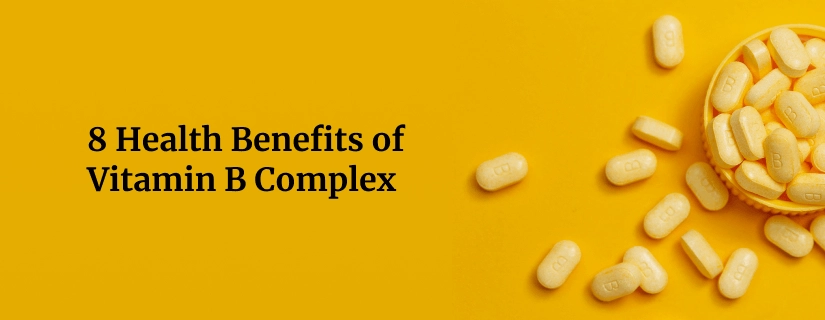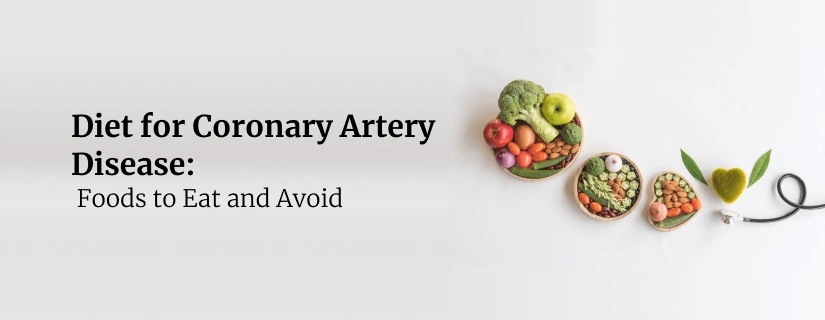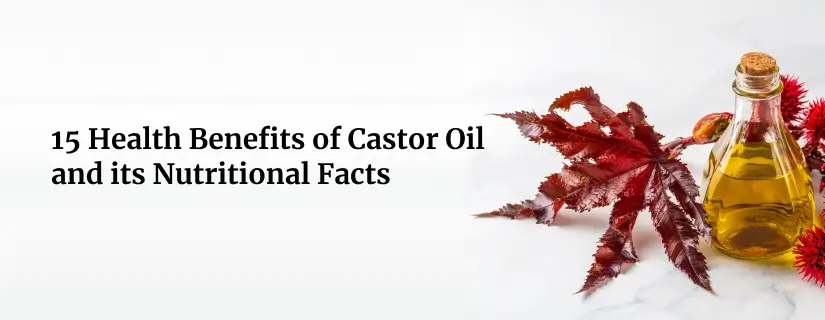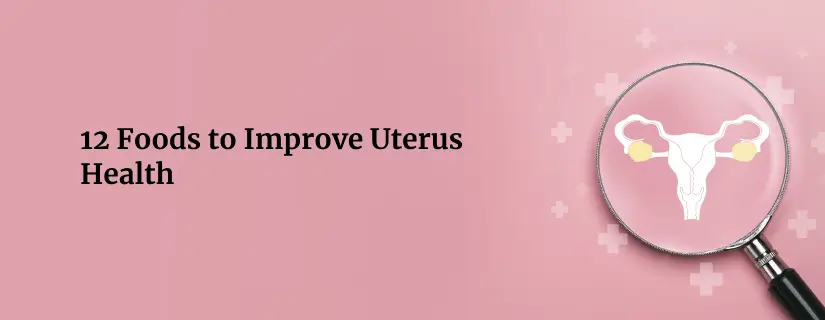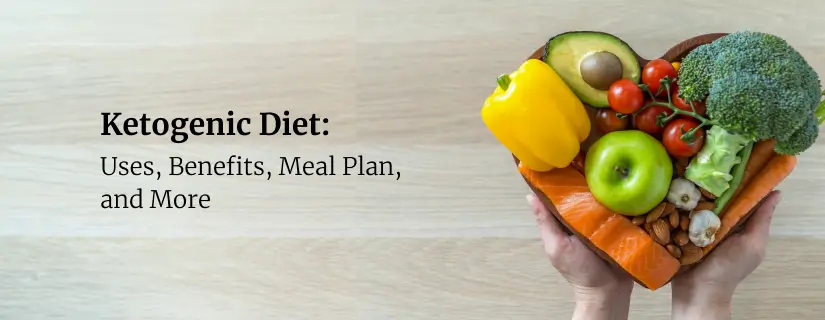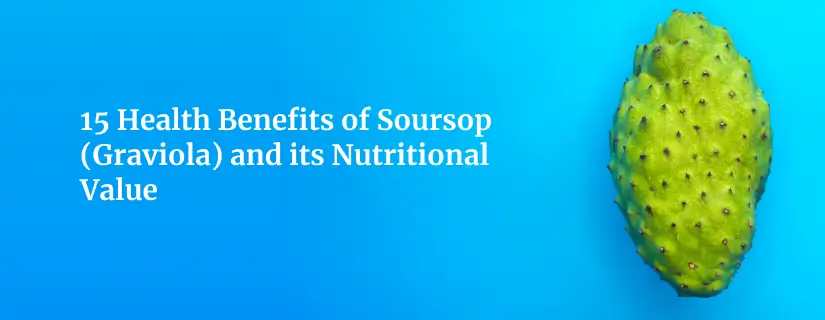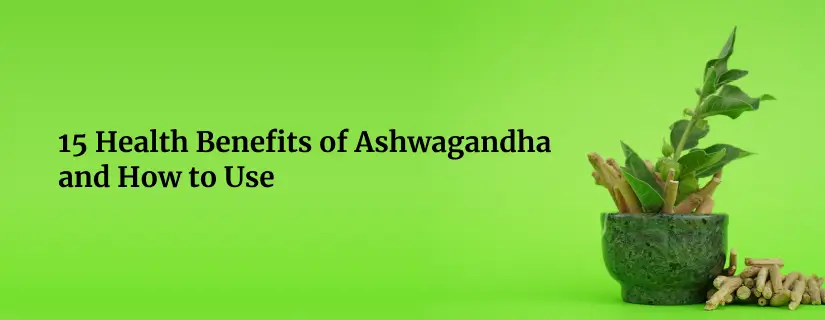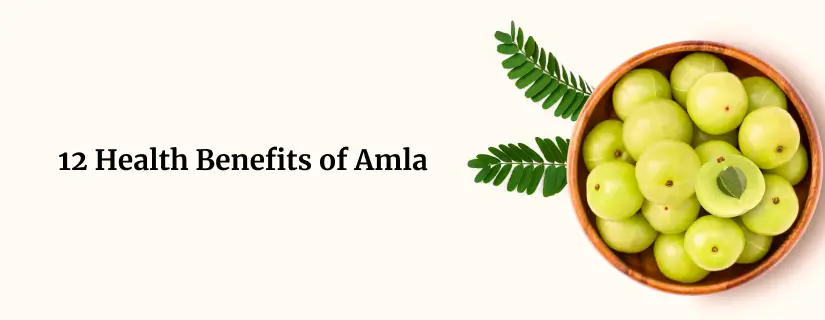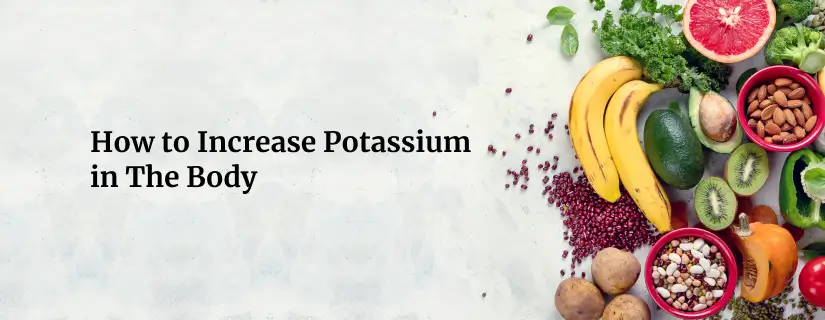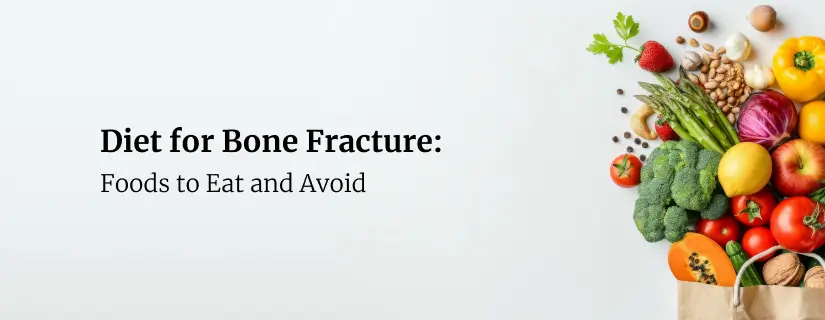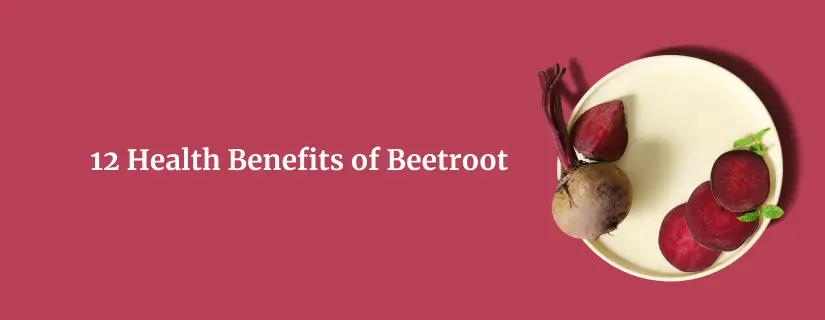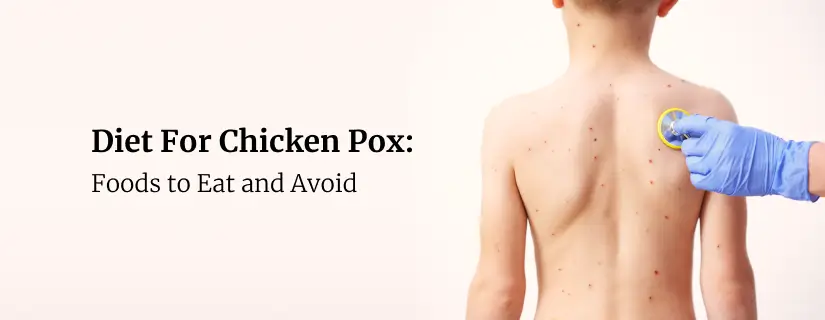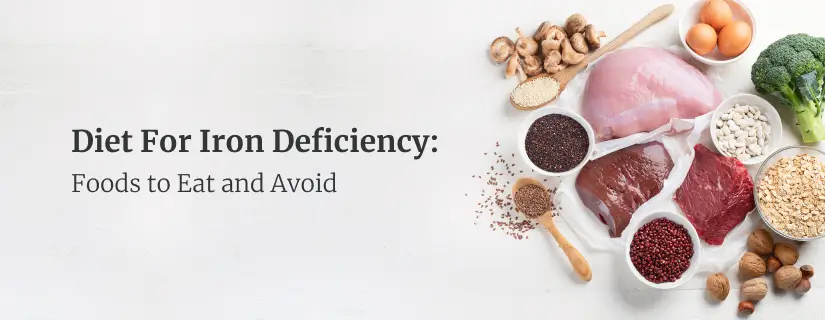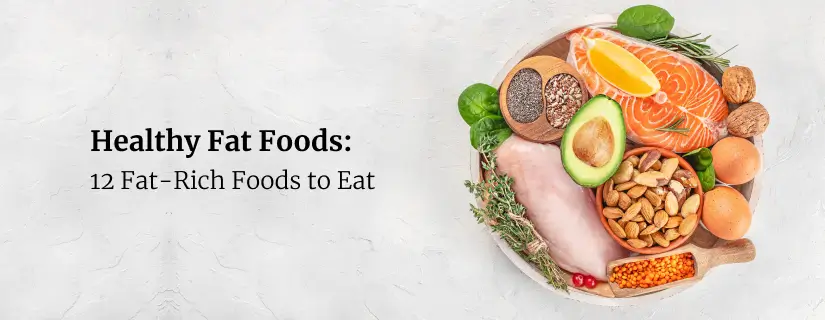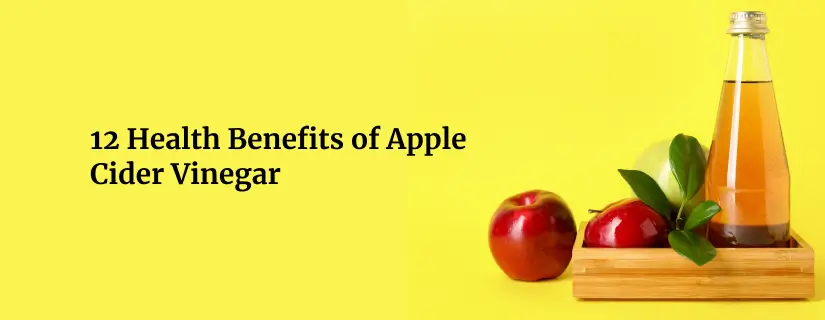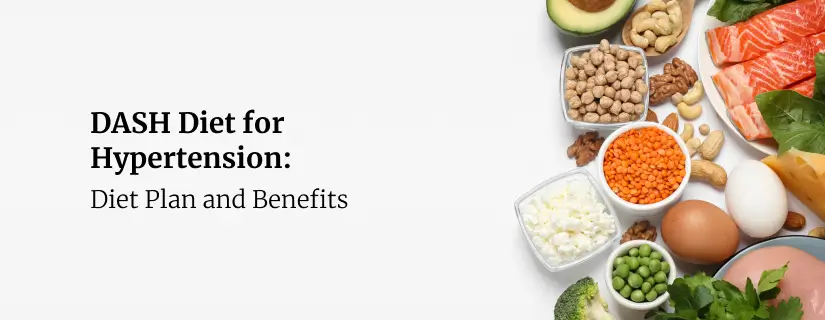-
Doctors
-
Specialities & Treatments
Centre of Excellence
Specialties
Treatments and Procedures
Hospitals & Directions HyderabadCARE Hospitals, Banjara Hills CARE Outpatient Centre, Banjara Hills CARE Hospitals, HITEC City CARE Hospitals, Nampally Gurunanak CARE Hospitals, Musheerabad CARE Hospitals Outpatient Centre, HITEC City CARE Hospitals, Malakpet
HyderabadCARE Hospitals, Banjara Hills CARE Outpatient Centre, Banjara Hills CARE Hospitals, HITEC City CARE Hospitals, Nampally Gurunanak CARE Hospitals, Musheerabad CARE Hospitals Outpatient Centre, HITEC City CARE Hospitals, Malakpet Raipur
Raipur
 Bhubaneswar
Bhubaneswar Visakhapatnam
Visakhapatnam
 Nagpur
Nagpur
 Indore
Indore
 Chh. Sambhajinagar
Chh. SambhajinagarClinics & Medical Centers
Book an AppointmentContact Us
Online Lab Reports
Book an Appointment
Consult Super-Specialist Doctors at CARE Hospitals
Iron Deficiency: Symptoms and Treatments
Updated on 12 October 2022
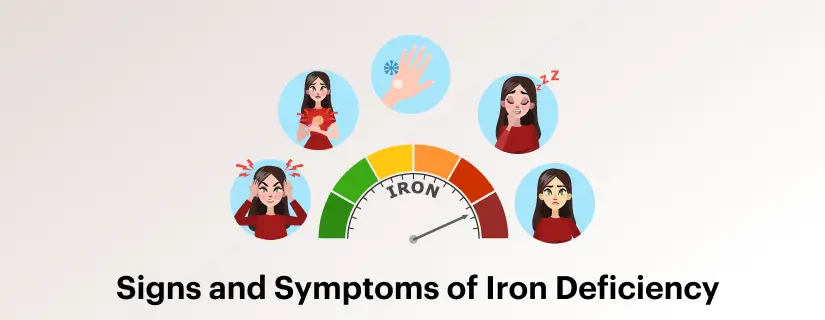
Our blood contains a number of essential components needed to keep the body fit & healthy. Imbalance in any of the necessary components (nutrients & minerals) in the blood creates health issues. Iron is a very crucial mineral of blood and iron deficiency has serious consequences on our body.
Iron is the intrinsic part of haemoglobin, directly affecting it. Haemoglobin levels play an important role in order to transport oxygen to several parts of our body. If the level of haemoglobin is less, the body feels tired and muscle tissues suffer due to the protein element present in the haemoglobin.
Let us know the signs and symptoms of iron deficiency and the ways to get rid of it.
What is iron-deficiency anemia?
Symptoms of iron deficiency
The following are the iron deficiency symptoms and signs:
- Tiredness or weakness
- Loss of concentration and confusion
- Pale skin
- Proneness to cold
- Hair fall and frail nails
- Shortness of breath
- Headaches
- Cravings for clay, dirt and ice or other such non-food items known as Pica.
- Restless legs and heart palpitations
- Feeling depressed
- Cold hands and feet
- Falling sick more often due to infections
- Loss of appetite
Iron deficiency is found in children, menstruating women, and pregnant women. A diet lacking enough iron components also results in iron deficiency.
- Pregnant women produce a higher amount of red blood cells. This calls for supplemental iron by including iron in prenatal vitamins.
- Menstruating women might develop an iron deficiency if they bleed heavily for more than seven days.
- Children grow rapidly and need more iron intake. Similarly, older people suffer from poor nutrition and other diseases and disorders that lower iron levels.
- Vegetarians are more likely to suffer from iron deficiency since they do not consume fish, meat, and poultry. The absorption of iron is difficult if taken with foods containing calcium. (Vitamin C can increase iron absorption.)
- People on kidney dialysis produce fewer red blood cells. There is a hormone known as erythropoietin which is important for the generation of blood cells that a healthy kidney makes. Hemodialysis also results in blood loss.
- Athletes might suffer from foot strike which is caused by gastrointestinal bleeding. Menstruating female athletes are at risk of iron deficiency.
- The stomach and intestines might bleed due to excessive use of medicines like ibuprofen and aspirin. Bowel or stomach cancer, stomach ulcers, and haemorrhoids are among the reasons for internal bleeding.
Treatment for Iron Deficiency
Here, are some treatment for iron deficiency:
The doctor will try to understand the cause of iron deficiency first and then will advise you to take iron-rich foods to maintain a daily healthy diet.
- Food
Iron is available in two forms mainly known as heme and non-heme. Animal foods consist of both of them whereas non-heme foods include plants and iron-fortified foods. The following are iron-rich foods,
- Leafy greens such as kale and spinach
- Red meat including Beef, Poultry, and Pork
- Dry fruits such as Apricots and Raisins
- Legumes like Beans and Peas
- Seafood
- Nuts and Seeds
- Iron-fortified foods like Breakfast Cereals
- Iron supplements as advised by the doctor
The doctor from the best hospital for dietetics & nutrition in India shall prescribe the dose of iron supplements if it is required. Overuse of coffee and tea should be avoided if you take iron supplements.
It is advisable to eat foods like Broccoli, Strawberries, Oranges, Kiwifruit, Grapefruit, and Bell Peppers to enhance Iron Absorption. People with heart problems, pregnancy, lower immunity, depression, and heavy menstrual periods are at high risk of getting iron deficiency and they must be vigilant to prevent it. If they find the symptoms, they should consult their doctor to know if they need any supplements or not.
Keeping a good iron level is advised, not only for those who are at risk but for all. It is better to consult a doctor for all those falling in the risk category. The prescribed iron supplements help to increase iron levels. Please consult your dietician before choosing a diet.
Ms. Vidhya Sri
Sr. Clinical Consultant Dietician
CARE Hospitals, HITEC City

ENQUIRY FORM
SELECT CATEGORIES
-
Neurosciences (16)
-
Neurology (37)
-
Neurosurgery (14)
-
Orthopaedics (48)
-
Oncology (33)
-
Obstetrics and gynecology (52)
-
Pulmonology (23)
-
Urology (20)
-
Nephrology (13)
-
Psychiatry (7)
-
Dietetics and Nutrition (111)
-
General Medicine (63)
-
Cardiac Sciences (32)
-
Vascular & Endovascular Surgery and Interventional Radiology (15)
-
Gastroenterology (46)
-
Endocrinology (23)
-
Plastic Surgery (10)
-
Critical Care Medicine (5)
-
COVID-19 (16)
-
Dermatology (16)
-
Emergency Care (1)
-
Ophthalmology (4)
-
Pediatrics (14)
-
Laparoscopic and Bariatric Surgery (8)
-
ENT (15)
-
Kidney Transplant (1)
-
Liver Transplantation and Hepatobiliary Surgery (5)
-
General Surgery (3)
-
Internal Medicine (5)
-
Medicine Information
Role of hormones in each phase of the menstrual cycle
7 Most Common Nutrient Deficiencies and How to Prevent
YOU MAY ALSO LIKE
RECENT BLOGS
-

Preterm Birth (Premature Birth): Symptoms, Causes, Treatment and Prevention
13 May 2025
Read More
-

Rotablation Angioplasty: Benefits, Treatments, And Recovery Time
9 May 2025
Read More
-

What Is The Difference Between IUI and IVF?
9 May 2025
Read More
-

Venous Malformations: Causes, Symptoms, and Treatment
30 April 2025
Read More
-

Varicose Vein Foam Sclerotherapy: Treatment, Benefits, and Procedure
30 April 2025
Read More
-

Radiofrequency (RF) Ablation Treatment for Varicose Veins: Know More
30 April 2025
Read More
-

Varicose Vein Sclerotherapy: Treatment, Benefits, and Procedure
30 April 2025
Read More
-

Varicose Vein Endovenous Laser Ablation: Procedure, Benefits, Risks
30 April 2025
Read More
Have a Question?
If you cannot find answers to your queries, please fill out the enquiry form or call the number below. We will contact you shortly.




